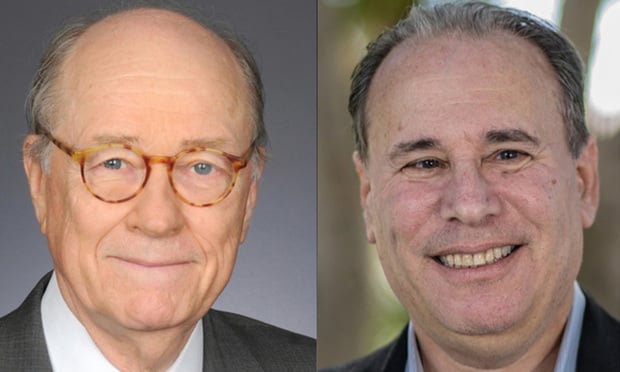As the number of international arbitration cases has grown together with the size of the amounts awarded, anecdotal evidence shows that many losing parties to international arbitrations fail readily to pay the amounts awarded and, instead, seek refuge in the courts. One of the grounds on which some losing parties have sought to have courts deny confirmation or enforcement of awards is alleged corruption in the process by which the awards were made, in particular, fraud on the arbitral tribunal. The Federal Arbitration Act, in §10(a)(1), specifically refers to “corruption, fraud or undue means” as a basis for vacating arbitral awards. The United Nations Convention for the Recognition and Enforcement of Foreign Arbitral Awards (New York Convention) deals with fraud less directly: Article V(2)(b) of the New York Convention provides that awards that are unenforceable as contrary to U.S. public policy. U.S. courts have ruled that awards found to have been obtained through fraud to be unenforceable on public policy grounds. See, e.g., Enron Nig. Power Holding, Ltd. v. Fed. Republic of Nigeria, 844 F.3d 281 at 14 (D.C. Cir. 2016).
Although fraudulently obtained arbitral awards are no doubt unenforceable in virtually every country, proving the taint of fraud presents legal and evidentiary challenges. A recent series of cases involving an award against the Republic of Kazakhstan shows the difficulties that can confront award debtors seeking denial of enforcement of awards against them on grounds of violation of public policy based on fraud. In 2013, an arbitral tribunal sitting in Stockholm issued an award in favor of investors (the Stati) from Moldova against Kazakhstan. The tribunal determined that Kazakhstan had expropriated the oil and gas rights of the Stati in violation of its obligations under the Energy Charter Treaty and ordered it to pay damages of almost $500 million. One of the expropriated assets was a liquefied petroleum gas (LPG) plant, which the tribunal valued at $199 million, based on a bid previously presented to the Stati by a state-owned company, KMG.


 Lawrence W. Newman and David Zaslowsky
Lawrence W. Newman and David Zaslowsky




